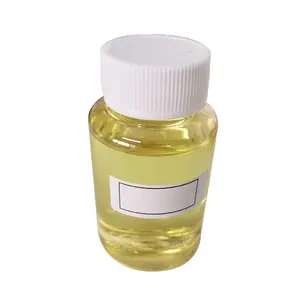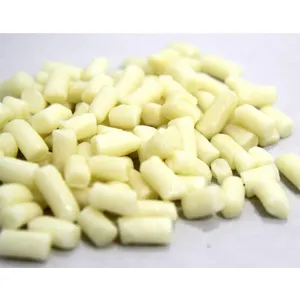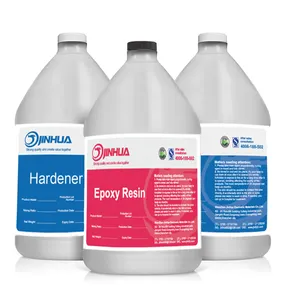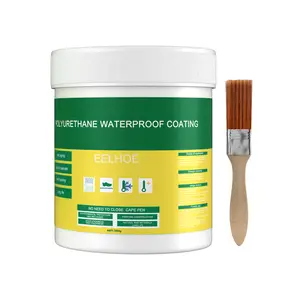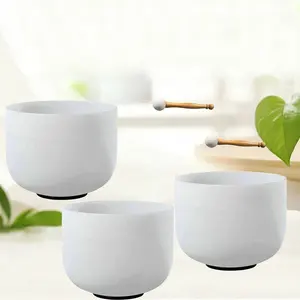Popular in your industry
























































































Top categories
About rose pesticide
Introduction
Cultivating a thriving rose garden is a labor of love, but it's not without its challenges. Roses, while known for their stunning beauty and intoxicating fragrance, are often susceptible to a variety of pests and diseases that can hinder their growth and bloom. This article delves into the importance of pesticides in rose gardening, the common threats roses face, and how pesticides can protect your roses. We'll also explore the best rose pesticides of 2023, including both organic and synthetic options, and provide guidance on their safe and effective application. Lastly, we'll look beyond pesticides to other key aspects of rose care and the importance of creating a balanced garden ecosystem.
The Importance of Pesticides in Rose Gardening
Roses, while popular for their fragrant blooms, are often susceptible to various pests and diseases. These threats can make rose gardening challenging, emphasizing the importance of pesticides in maintaining the health and beauty of these plants. Pesticides help control pests like aphids, beetles, mites, and thrips, which can cause significant damage to roses. They feed on plant sap, distort growth, reduce bloom quality, and can even lead to premature leaf drop. Pesticides, when used correctly, can effectively manage these pests, ensuring your roses remain vibrant and healthy.
Common Threats to Roses: Pests and Diseases
Roses, while beautiful, are susceptible to various diseases that can hinder their growth and bloom. The most common threats include black spot, powdery mildew, stem canker, and dieback. Black spot, caused by the fungus Diplocarpon rosae, results in circular black spots on leaves, leading to leaf drop. Powdery mildew, caused by Sphaerotheca pannosa, produces a grayish-white powdery substance on young leaves, shoots, and buds. Stem canker and dieback, caused by various fungi, result in dead or discolored areas on rose canes. These diseases can stunt growth, reduce flowering, and in severe cases, cause the plant to lose all its leaves.
How Pesticides Protect Your Roses
Pesticides play a crucial role in rose gardening, particularly in managing insects and mites. They can be used to control common pests like aphids, spider mites, and thrips, which can cause significant damage to roses. However, it's important to note that the use of pesticides should be balanced with natural pest control methods. For instance, aphids have many natural enemies that can help control their population. Similarly, knocking aphids off with a forceful stream of water early in the day can supplement natural control. Insecticidal soaps or horticultural oils can also be used to suppress aphids with only moderate impact on natural enemies.
The Best Rose Pesticides of 2023
In 2023, the top rose pesticides include comprehensive care products that act as plant food, insect killer, and disease controller. They provide rainproof protection for up to 6 weeks, effectively combating pests like Japanese Beetles, Aphids, and Leafhoppers, and diseases like Black Spot and Powdery Mildew. Customers have praised their effectiveness in promoting healthy growth and enhancing the beauty of roses.
Top Organic Pesticides
Organic pesticides are a great choice for rose gardening. There are well-researched products that can be used safely around children and pets, and control a wide range of pests. Some are easy to apply and work best on slow-moving insects. For budget-conscious gardeners, there are effective options that have multiple uses. Remember, organic pesticides are made from natural ingredients but can still harm beneficial pests, so proper application is crucial.
Top Synthetic Pesticides
There are top synthetic pesticide choices for 2023 that promote strong roots and beautiful blooms while providing insect and disease control. They offer systemic rainproof protection for up to 6 weeks, effectively repelling or killing pests like Japanese beetles and treating diseases like black spot and powdery mildew.
Safe and Effective Application of Pesticides
Applying pesticides effectively and safely is crucial in rose gardening. The key lies in selecting the right nozzle type and size for the job, which plays a significant role in pesticide application. Proper calibration of the sprayer ensures the actual rate of application aligns with the intended rate. It's also important to check the uniformity of application to avoid over or under-application. Lastly, always read the product label for specific recommendations and requirements. Remember, the goal is to achieve thorough coverage of the roses without causing harm to the environment.
Proper Techniques for Applying Pesticides
Applying pesticides effectively requires careful attention. For aphids, a forceful stream or spray of water early in the day can supplement natural control. Insecticidal soaps or horticultural oils can also suppress aphids with moderate impact on natural enemies. For spider mites, insecticidal soap or horticultural oil can control them, with sprays targeted to ensure coverage of the leaf undersides. Broad-spectrum insecticides can be applied to kill rose curculio adults if the infestation is severe. For caterpillars, microbial insecticides or insecticides can be used. These materials will be most effective when caterpillars are small.
Safety Measures When Handling Pesticides
Pesticides, while crucial for rose health, must be handled with care. Always read the label before use and follow all precautions, including wearing protective equipment. Store pesticides securely, away from children, pets, and food items. Dispose of empty containers responsibly, ensuring they don't contaminate water supplies. Avoid direct exposure to pesticides and be mindful of potential contamination due to drift or runoff. Personal safety is paramount - avoid splashing, spilling, and contamination of clothing. Never eat or drink while using pesticides, and arrange for emergency medical care in advance.
Beyond Pesticides: Other Keys to a Blooming Rose Garden
Rose care is easier than you think—anyone can grow them successfully. Plant your roses in a sunny location with good drainage. Fertilize them regularly for impressive flowers. Water them evenly to keep the soil moist. Prune established rose bushes in early spring. Watch for diseases like powdery mildew or black spot. For an impressive show of flowers, a rose bush needs to be fertilized regularly. Organic methods provide a slow, steady supply of nutrients. Monthly applications of compost, composted manure, and other organic and natural fertilizers work well. Organic amendments also help to encourage beneficial soil microbes and a well-balanced soil pH.
Regular Care and Maintenance of Roses
Rose care is simpler than it seems. Plant your roses in a sunny location with good drainage and fertilize them regularly for impressive blooms. Keep the soil evenly moist and prune established rose bushes in early spring. Be vigilant for diseases like powdery mildew or black spot. For an impressive show of flowers, a rose bush needs to be fertilized regularly. Organic methods provide a slow, steady supply of nutrients. Monthly applications of compost, composted manure, and other organic and natural fertilizers work well. Pruning should be done in early spring, removing any dead or damaged canes. Some varieties of reblooming roses will require deadheading to encourage reblooming throughout the season.
Creating a Balanced Garden Ecosystem
Biodiversity is crucial for a balanced garden ecosystem. It ensures that plants and wildlife get everything they need to thrive. A diverse garden can attract a variety of species, including beneficial insects and wildlife. Native plants are anchors of healthy and biodiverse ecological communities. They require less care, adapt to local soils and conditions, and reduce the use of herbicides and pesticides. In a diverse landscape, plant diseases and pest numbers don’t tend to build up, because there isn’t enough of any one plant to support a huge population of pests. The more wildlife you attract, the more benefits come with them!
Conclusion
In conclusion, maintaining a blooming rose garden requires a multifaceted approach. Pesticides, both organic and synthetic, play a crucial role in protecting roses from pests and diseases. However, their use should be balanced with natural pest control methods and safety measures. Beyond pesticides, regular care and maintenance of roses, including proper watering, fertilizing, and pruning, are key to their health and beauty. Additionally, fostering a balanced garden ecosystem through biodiversity can naturally curb pest populations and promote a thriving garden. With these strategies, you can unlock the secret to a flourishing rose garden.
